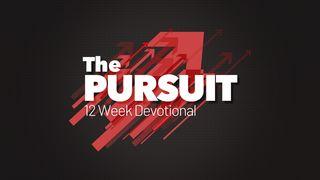Three-in-One: The Relational Godનમૂનો

God the Father (2)
I AM
In the ancient world of the Hebrew Scriptures (aka the Old Testament), each nation worshipped its own local god. The Canaanites worshipped Baal and Asherah. The Moabites worshipped Chemosh. The Philistines worshipped Dagon. The Babylonions worshipped Marduk. The Ammonites worshipped Molech. And that’s just for starters.
In those ancient cultures, personal names were thought to be powerful, especially names of gods. People believed that if you knew a god’s name, you could somehow tap into its hidden power.
The God of the Hebrew people was different from all those other gods. First, and most important, he is the one and only true God. Second, he willingly revealed his personal name to his people. And (surprise!) it isn’t God. That’s more like a title of respect—like today’s “Doctor” or “Your Honor” or “Professor.” His personal name is Yahweh, sometimes written as Jehovah in older Bible translations. In most modern Bibles, it’s written as LORD, with all capitals. In Hebrew it’s just four letters, written right to left:
יהוה
When you read the Bible, keep your eyes open for these different words:
- lord — a general reference to someone with authority or power (all lower case)
- Lord — a specific title of respect for the one true God (upper case L-, lower case -ord)
- LORD — indicating the personal name of the one true God of Israel (upper case L-, and either upper case or small caps -ORD)
Our God wants us to know not only that he exists, that he is powerful, and that he is the creator of everything. He also wants us to know him by name. In other words, he invites us to know him personally.
Reflect
- How do you most naturally address God? (God? Father? Lord? Jesus?)
- How does the name(s) you use for God affect the way you view him and interact with him?
શાસ્ત્ર
About this Plan

Read what the Bible says about our triune God (God the Father, God the Son, God the Spirit) and about God's children. Then read what the Bible says about God's fellowship—how his children are in relationship with each other and with the Father, Son, and Spirit.
More









